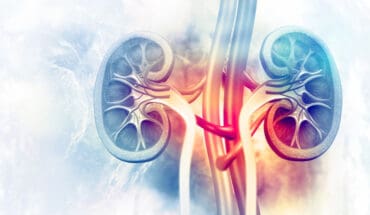Every single human is the product of a pregnancy, yet pregnancy has not been a traditional focus in philosophy. My study will investigate important, but previously unexplored, philosophical questions about childbearing: whether foetus and mother are one single organism or two separate organisms, and the nature of the relationship between the pregnant organism and the later baby.
The philosophical oversight of pregnancy is particularly important to address because so many topics closely related to pregnancy have taken centre stage in philosophical enquiry; questions about personhood, foetuses, personal identity and the self are all being considered, but without considering the unique nature of pregnancy itself.
As a philosopher with a degree in medicine, I have started out by looking at organisms. The idea for this research, which combines biology and philosophy had slowly been germinating in the background of my mind for a decade whilst I’ve been occupied with other research. One reason I think I realised there were so many interesting, unanswered questions here is that I always have thought of pregnancy as something that could happen to me. This in contrast to most historically influential philosophers – who have been men.
I hope that my research will be relevant of all sorts of presently relevant questions, for example about the legal and moral obligations of pregnant women to give up drinking; taking folic acid; or chose the least risky birth for their foetus.
This project launches the metaphysics of pregnancy as an important and fundamental area of philosophical research. In collaboration with Dr Fiona Woollard, Associate Professor in Philosophy at Southampton, I will conduct the study with the help of two PhD students and two post-doctoral researchers.
We have been awarded €1.2 million to examine the metaphysics of pregnancy, identity and personhood. The project is backed by a grant from the European Research Council (ERC).
The team will begin by looking at the discussions and theories around metaphysics and philosophy of biology in literature, and draw upon scientific knowledge to understand the physical role and function of the placenta.
- Major European funded study to investigate nature of pregnancy - 10th May 2016






